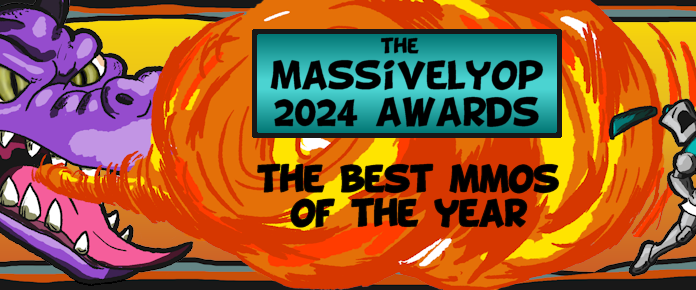
Last month, as part of our ongoing dialogue about video games and violence, we covered a brand-new paper that found that playing video games didn’t make adults more violent. The important takeaway was that the study was a longitudinal study that spanned two months of testing, one of the first – probably the very first – to cover that expanded length of time. Down in our comments, our readers argued over whether or not even two months deserved to be called long-term; a lot of gamers really want to see much longer-term studies to more definitely counter the politically tinged anti-video game rhetoric currently festering in the US.
And we’re not the only ones debating that very question. MOP tipster Eliot pointed us to the blog of Columbia University statistician Dr Andrew Gelman, who takes issue with a totally different paper, this one from 2013; its title also claims to represent a “long-term” study and in so doing made it into a peer-reviewed journal (with over 100 citations, not to mention news articles, since), in spite of the fact that it’s not actually long-term at all: Subjects played 20 minutes a day for three whole days.
“The biggest problem I see with this paper is in the title: ‘A long-term experimental study.’ What was ‘long term,’ you might wonder? 5 years? 10 years? 20 years? Were violent video games even a ‘thing’ 20 years ago? Nope,” Gelman writes. “By ‘long-term’ here, the authors mean . . . 3 days. In addition, the treatment is re-applied each day. So we’re talking about immediate, short-term effects.”
The test looks to be a three-day version of the experiment chronicled in the well-known 2002 study by Bruce Bartholow and Craig Anderson. “Aggression” is determined by whether the participants are more likely to blast a horn at their opponents after playing a violent game for a few minutes.
I’m more likely to blast a horn at my opponents right now after reading how badly this subject is being mangled.












